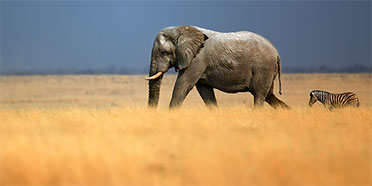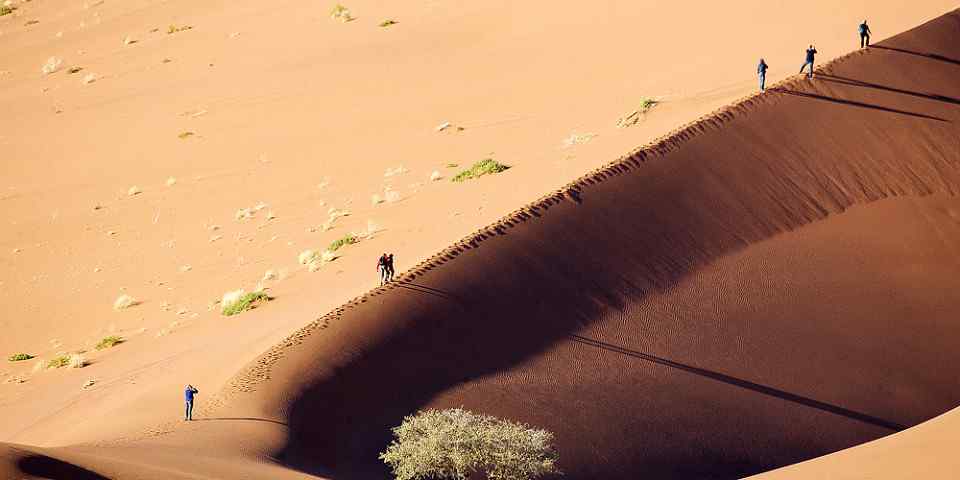
Safari Tours to Etosha NP
-

8-Day Namibia Highlights Self-Drive Tour
$811 to $1,008 pp (USD)
Namibia: Self-drive
Mid-range Lodge & Guest HouseYou Visit: Windhoek (Start), Sesriem (Town), Namib-Naukluft NP (Namib Desert), Swakopmund (City), Etosha NP, Windhoek (End)

Indigo Safaris
4.6/5 – 143 Reviews
-
![13-Day Namibia Private Guided Tour]()
13-Day Namibia Private Guided Tour
$4,718 to $4,874 pp (USD)
Namibia: Private tour
Mid-range Lodge & HotelYou Visit: Windhoek (Start), Kalahari Desert, Sossusvlei (Sand Dunes), Swakopmund (City), Damaraland, Etosha NP, Windhoek Airport (End)

Discover Africa Safaris
5.0/5 – 504 Reviews
-
![13-Day Highlights of Namibia Tour]()
13-Day Highlights of Namibia Tour
$5,733 to $7,768 pp (USD)
Namibia: Self-driveLuxuryLodge & Tented Camp
You Visit: Windhoek (Start), Namib-Naukluft NP (Namib Desert), Swakopmund (City), Damaraland, Etosha NP, Okonjima NR, Windhoek (End)

Wayfairer Travel
4.8/5 – 172 Reviews

 Namibia Parks
Namibia Parks









